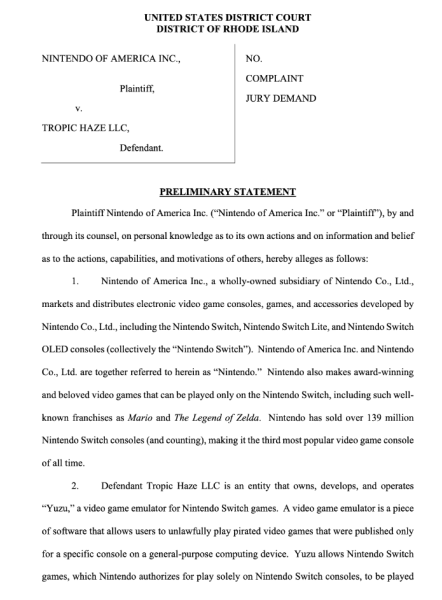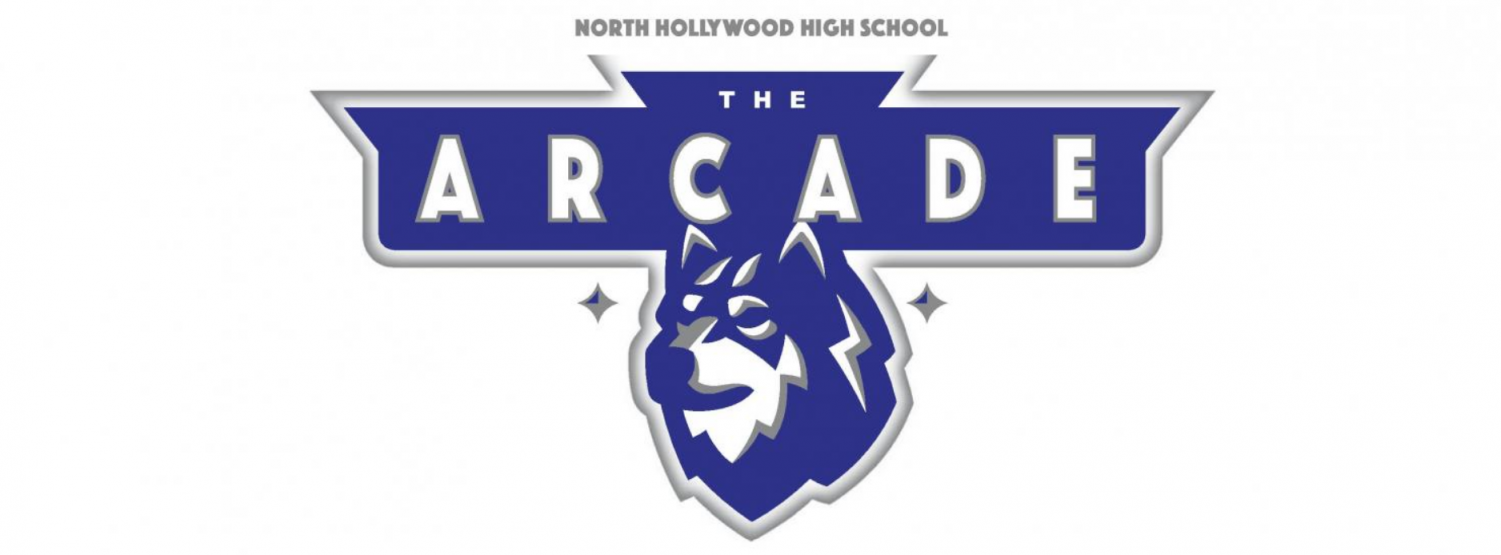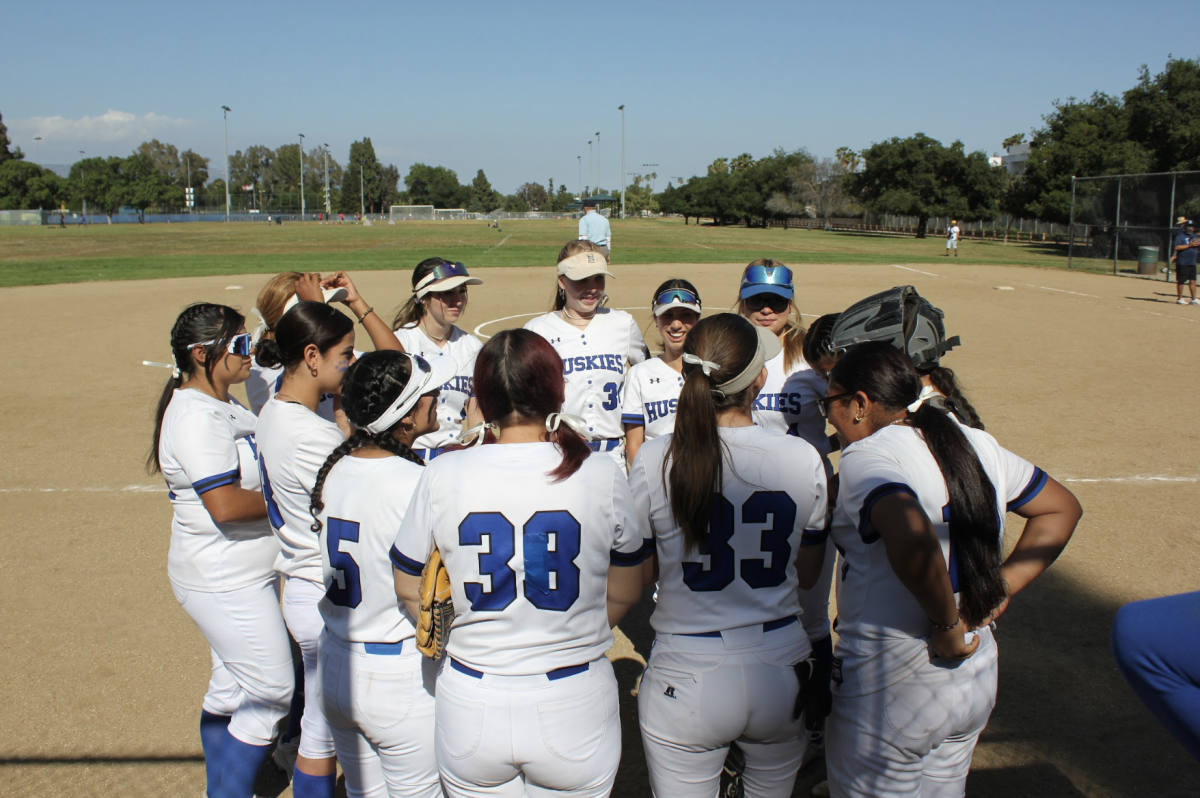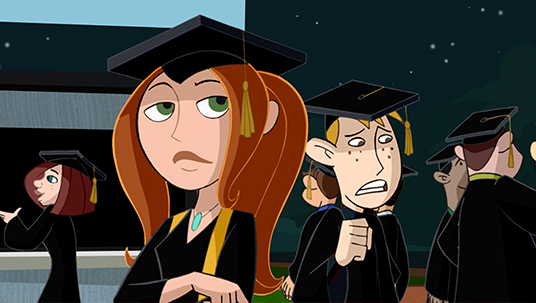Ah, Nintendo. A game company that many are all too familiar with. They’ve created fan-favorite franchises like Super Mario, Kirby, and The Legend of Zelda and have released many consoles and console-exclusive games. They’ve also got a vendetta against any and all forms of emulation.
For those unfamiliar, emulation allows a computer or console to copy and behave like a different system. Emulators do this to imitate the functions of video game consoles like a Wii, PS4, Xbox, or, in Yuzu’s case, the Nintendo Switch.
The video games themselves have their code supplied and made into computer files, and by downloading both of these, you can play countless games using emulators. Just make sure you run it through an antivirus program. I wouldn’t want anyone’s PC to get hacked.

Naturally, a game company like Nintendo would be against emulation, as the process can discourage people from buying their consoles, making them lose money. Not to mention, the legality of it is a complicated topic on which no one seems to agree on anything.
The problem of this situation gets even weirder when you take into account how Nintendo handles it. Nintendo has this weird policy where they don’t release their old games on their new consoles, meaning that many well-known and popular games are unavailable to consumers. For this reason, people often resort to emulation or buying the consoles and games online or from stores such as GameStop, but that can often cost way too much money.
Old titles such as Super Mario 64, for instance, sell for over 100 dollars and that’s just the cartridge alone. Even if you paid for all that, which first of all, why would you ever, you’re not even supporting the company because those consoles and games are out of date, meaning your money isn’t even going back to Nintendo.
So what’s this got to do with Yuzu? Yuzu emulates the Nintendo Switch, and, according to the documents about the case (don’t ask me how I got them), “one recent major Nintendo video game, The Legend of Zelda: Tears of the Kingdom, was unlawfully distributed a week and a half before its release by Nintendo.”
It further says, “Infringing copies of the game that circulated online were able to be played to be played in Yuzu, and those copies were successfully downloaded from pirate websites over one million times before the game was published and made available for lawful purchase by Nintendo.”
Normally, it wouldn’t mean much if it were an old game on an old console, but for an active console like the Switch, Nintendo has grounds for a lawsuit. This situation has sparked debate in the gaming community, with one half of the spectrum arguing that what Yuzu was doing was illegal and they had it coming.
The other half argues that if Nintendo were to do right by the fans and allow consumers to actually buy their games legally and without complications, there wouldn’t be a need for people to even consider the idea of pirating games. The team behind the Yuzu emulator decided to settle the case with Nintendo of America for 2.4 million dollars, getting the emulator shut down in the process.
But even after the case ended, it once again sparked the question: Is piracy really okay? Personally, it’s a morally gray area that’s hard to find a definitive answer for, and whether or not this puts at risk the existence of other emulators, well, time can only tell.
Source: https://twitter.com/stephentotilo/status/1764717475600433400














